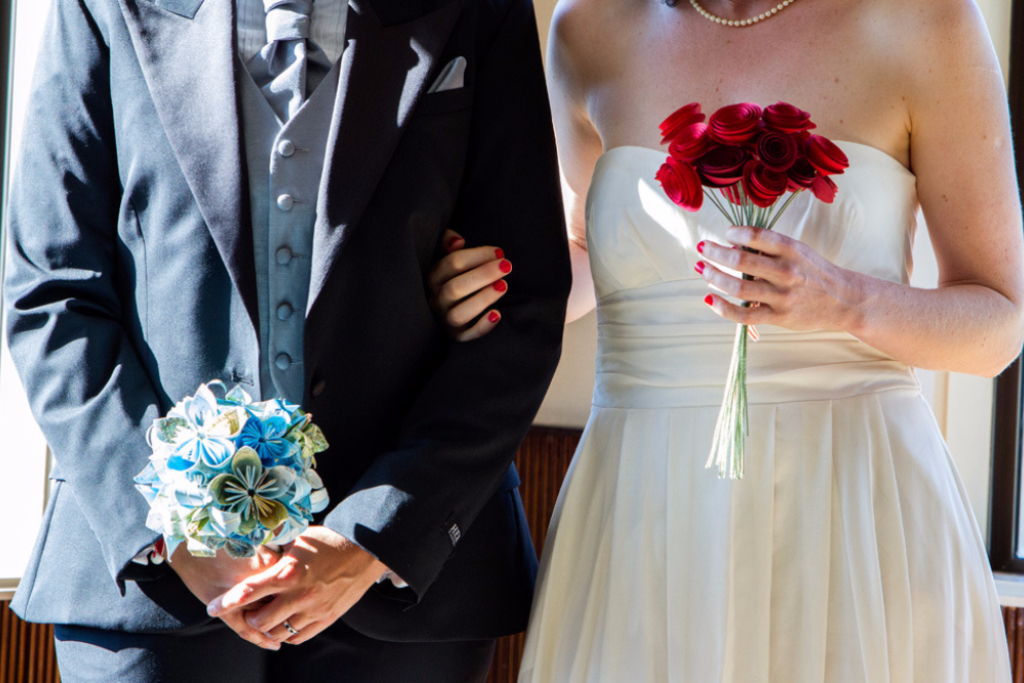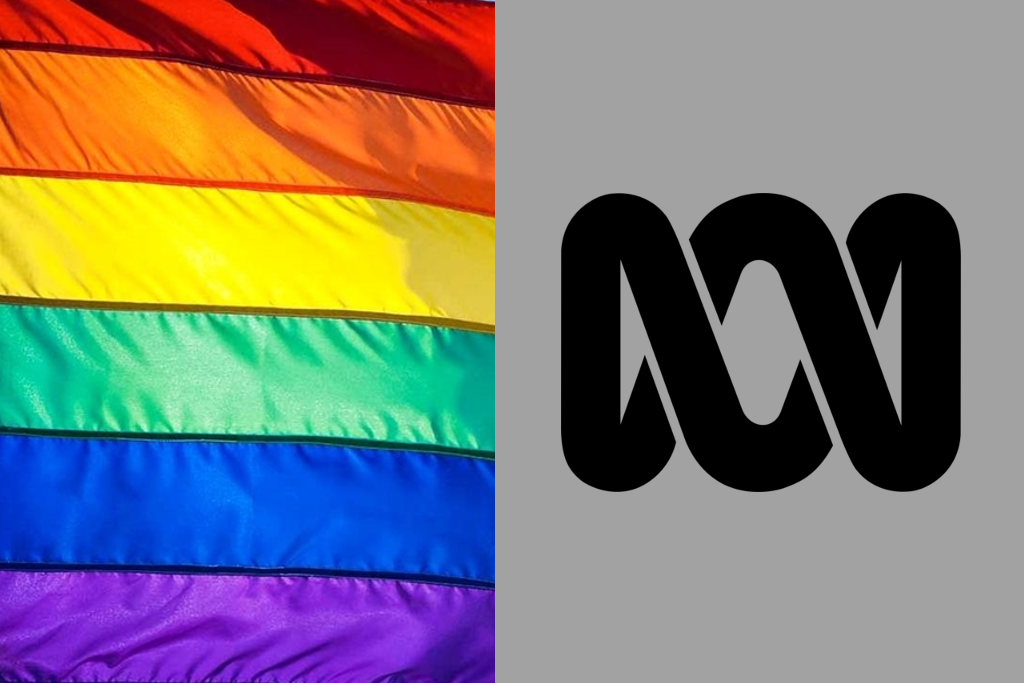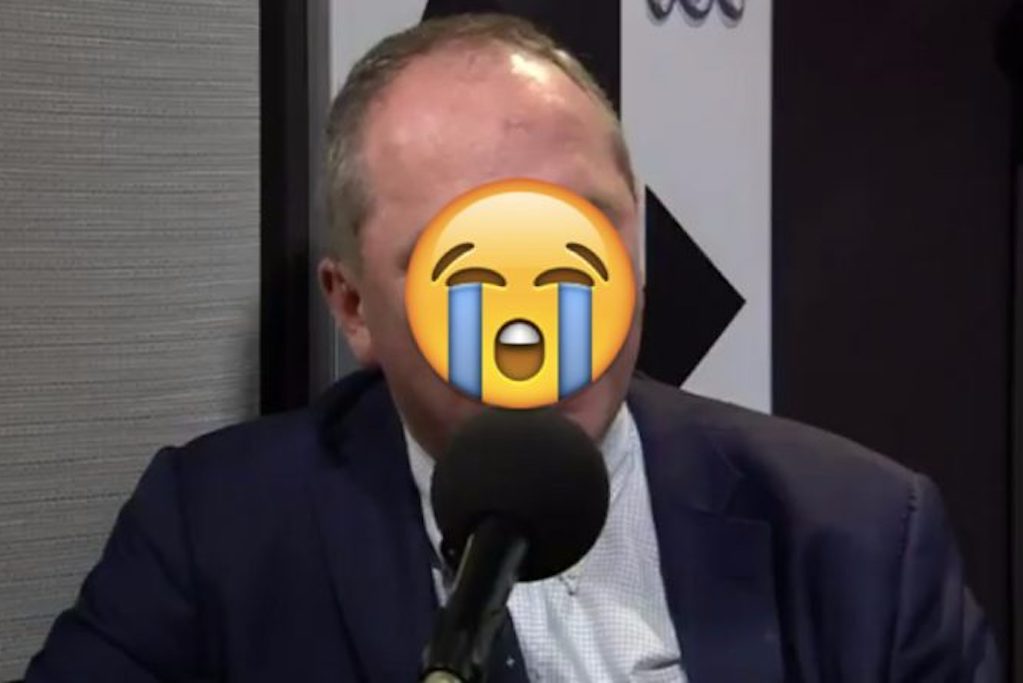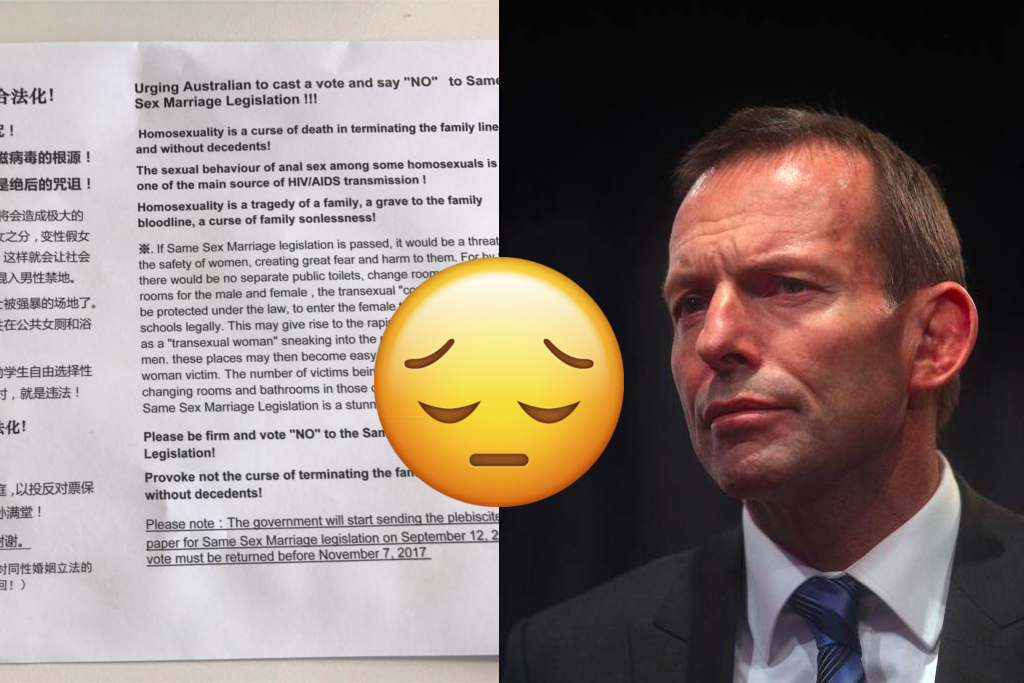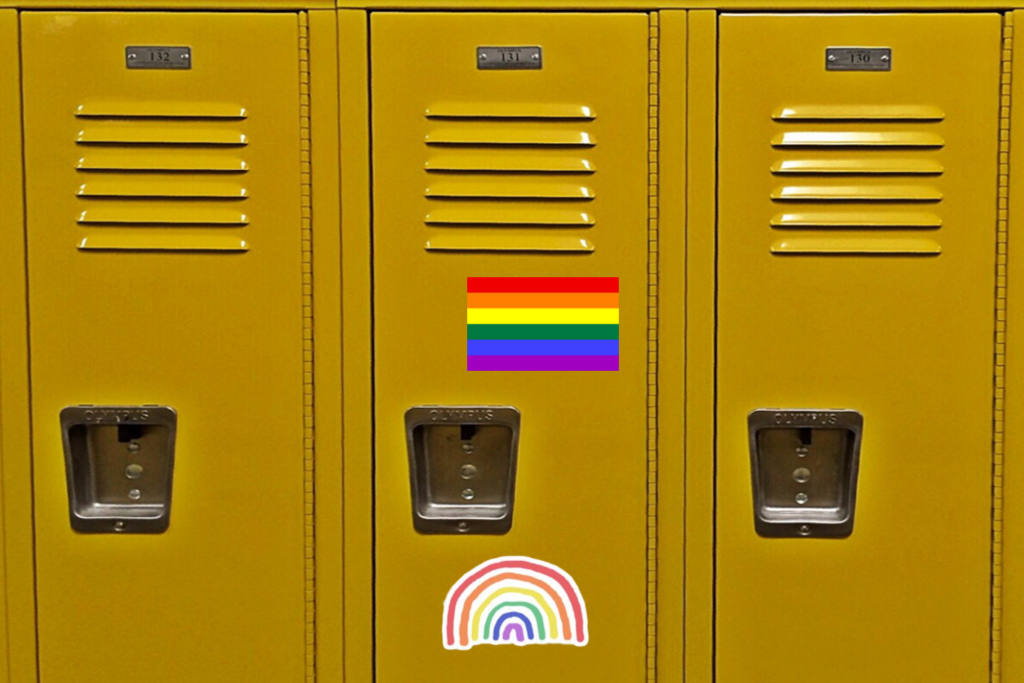Be Quiet, You Gays: Some People Don’t Like It When A Minority Finds Its Voice
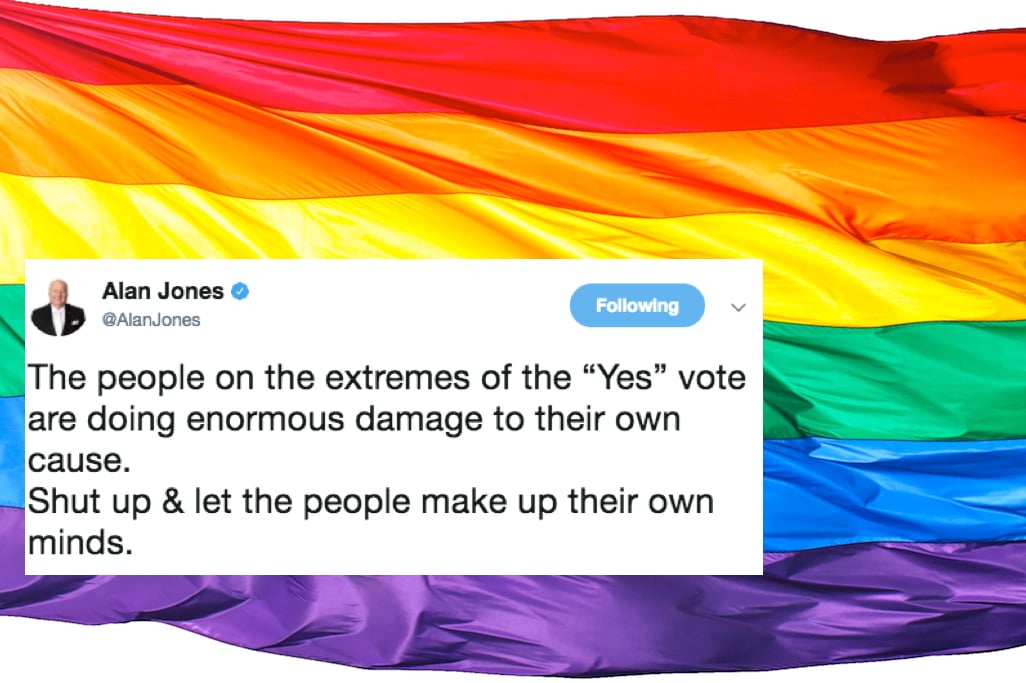
A new idea has emerged as the postal survey on marriage equality kicks into full gear: the intolerant Yes supporter.
“The people on the extremes of the ‘Yes’ vote are doing enormous damage to their own cause. Shut up & let the people make up their own minds,” tweeted radio shock jock Alan Jones on Monday morning.
The people on the extremes of the “Yes” vote are doing enormous damage to their own cause.
Shut up & let the people make up their own minds.— Alan Jones (@AlanJones) September 10, 2017
Which specific incident Jones was tweeting about never became clear, but he was angry about something.
Jones has been a surprisingly eloquent advocate for marriage equality since publicising his support for the issue following the successful Irish referendum in 2015. But in 2017, at the height of the debate, Jones and other self-described supporters have developed a new narrative of “intolerance” from the very community they believe is supposed to espouse tolerance above all else.
I’m calling for a “Yes” vote, but I’m also calling on respect for those who will vote “No”. #SameSexMarriage
— Alan Jones (@AlanJones) September 3, 2017
In The Australian, nominal Yes supporter Caroline Overington wrote that while she supported marriage equality, the tactics of the Yes campaign were likely to turn off potential Yes voters, as did another Yes supporter, Janet Albrechtsen.
For Fairfax, Tom Switzer wrote that the equality campaign was the embodiment of a new form of intolerance: “The activists are supposed to oppose bigotry, yet they impose a new stifling orthodoxy of their own. It is as if gay marriage is made a taboo subject – unless you hold the approved point of view.”
“Who is really being intolerant here?” Switzer asked.
Those Damn Opinionated Gays
The idea that the Yes campaign is actually the intolerant one has become so ingrained in conservative talking points that it no longer requires any evidence. It can simply be asserted that those campaigning hardest for marriage equality are so intolerant they will drive people to vote No out of spite, and that’s that.
When pushed, critics usually point to social media as the source of their angst. And they’re not entirely wrong. One doesn’t need to look far on Twitter to find examples of people on both sides who overstep the mark of the “respectful debate” the prime minister wants us all to strive for.
But as conservatives are often so eager to point out, Twitter isn’t representative of the broader community. The tweets that cross the line into mere abuse come from a minority within a minority, and they certainly come from both sides. They represent a miniscule fraction of the 16 million Australians who are now being asked to decide the fate of LGBTQI+ Australians. But that’s enough for some to declare that the Yes campaign is a new bastion of intolerance.
No one wants to take ownership of the fools within their own ranks, but in this debate only one side is routinely being taken to task in the for failing to reign in its extreme elements. And isn’t it ironic that conservatives who are usually so quick to dismiss Twitter as not residing in the “real world” are just as quick to pick up a few tweets and use them as a stick to beat their supposed allies with when it suits their cause.
You have to wonder how wholeheartedly they really supported marriage equality if they’re this easily turned off by a handful of tweets.
The "I was going to vote yes except I saw someone be rude so now I'm voting no" crowd was never going to vote yes, pay them no attention.
— Jake Holman (@JacobLeigh) August 24, 2017
What’s Really Happening Here?
Something happened to Australia’s LGBTQI+ community in the middle of last year. There wasn’t a meeting or anything, but we collectively decided that we were sick of everyone else’s shit and we weren’t going to take it any more.
It was just as the plebiscite on marriage equality was before parliament. This spectacularly terrible piece of public policy was so awful that it managed to galvanise the notoriously fractured LGBTQI+ community into a single voice of opposition.
As BuzzFeed’s Lane Sainty noted at the time, the decision to oppose the plebiscite wasn’t a naive miscalculation. It was a very deliberate and well-thought-out decision to stand up and say that we won’t have our futures dictated to us by a bunch of straight politicians who are far more interested in playing power games than actually achieving equality.
We won that battle. We stopped the plebiscite (temporarily, it turned out) and we realised that when we speak with one voice — when we fight for ourselves — we can actually win. That big gay genie won’t go back into the bottle, no matter how hard our opponents try.
What people are seeing now is an LGBTQI+ community that is asserting itself forcefully and with one voice for the first time in a long time, and that makes some people uncomfortable.
They’re now realising that the LGBTQI+ community might have a different vision of equality to the one they imagined. Perhaps the community isn’t willing to accept “equality” if it means business owners will be allowed to hang a “gays not welcome” sign in their window. Can you blame us?
@philip_charles snapped this from Bruce in the Hun letters today pic.twitter.com/IiyjIwj7WR
— Jake Holman (@JacobLeigh) September 12, 2017
Perhaps we’re not going to accept a bastardised form of “equality” simply because of the idea that any progress is good progress. Perhaps we’re not willing to achieve equality by allowing bigots to say anything they want without consequence. This campaign requires reasoned, well-thought-out debate, but that doesn’t mean we have to give up the right to forcefully call out bigotry when we see it.
The vast majority of this debate won’t happen on social media. It will happen in homes and backyards, and on doorsteps and phone calls around the country. It’s up to the Yes campaign to engage thoughtfully with those who are unsure how they’ll vote, but that doesn’t mean we’re giving a free pass to bigotry. We will call it out, and we will do so forcefully.
Those who consider themselves allies would do well to listen to our experiences, rather than dismissing our anger as the ill-advised ranting of the Intolerant Left.
You Asked For This
For many, if not most, LGBTQI+ Australians, intolerance and abuse has been the baseline of our life experience. In recent years I’ve been yelled at from moving vehicles, intimidated in bars, refused service from cabs and routinely abused online simply for being an openly gay journalist. And I’ve had it relatively easy. Others face physical violence, community ostracisation and workplace discrimination. We’ve been dealing with this for decades.
For the first time, some people — mostly straight, mostly white — are experiencing a minor fraction of the intolerance many of us have lived with our entire lives, and they don’t like it. Welcome to our world.
Conservatives pushed for this, and now they get exactly what they asked for: a national, public debate on our rights. This campaign was forced upon us against our wills. Not only did we not ask for this, we actively fought against it. But it’s happening, and we’ve decided to win, so don’t be surprised that we’re fighting with everything we’ve got.
